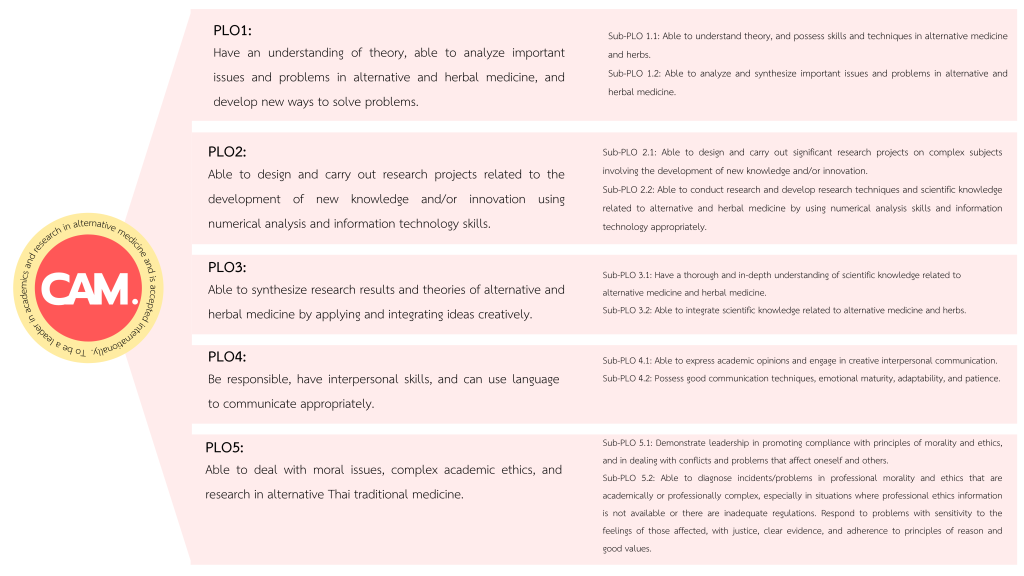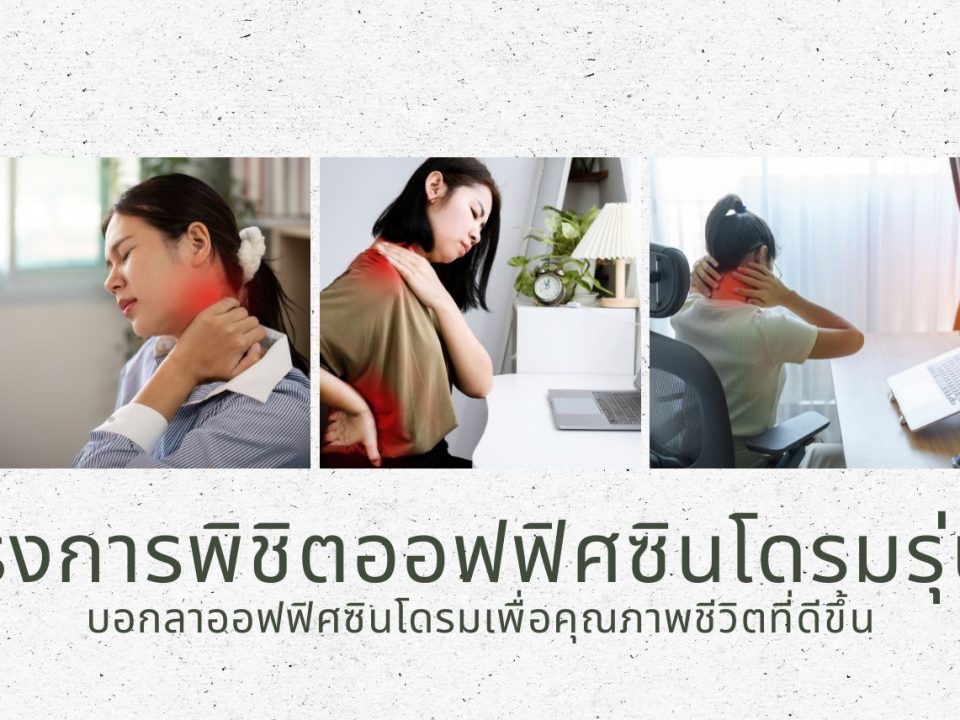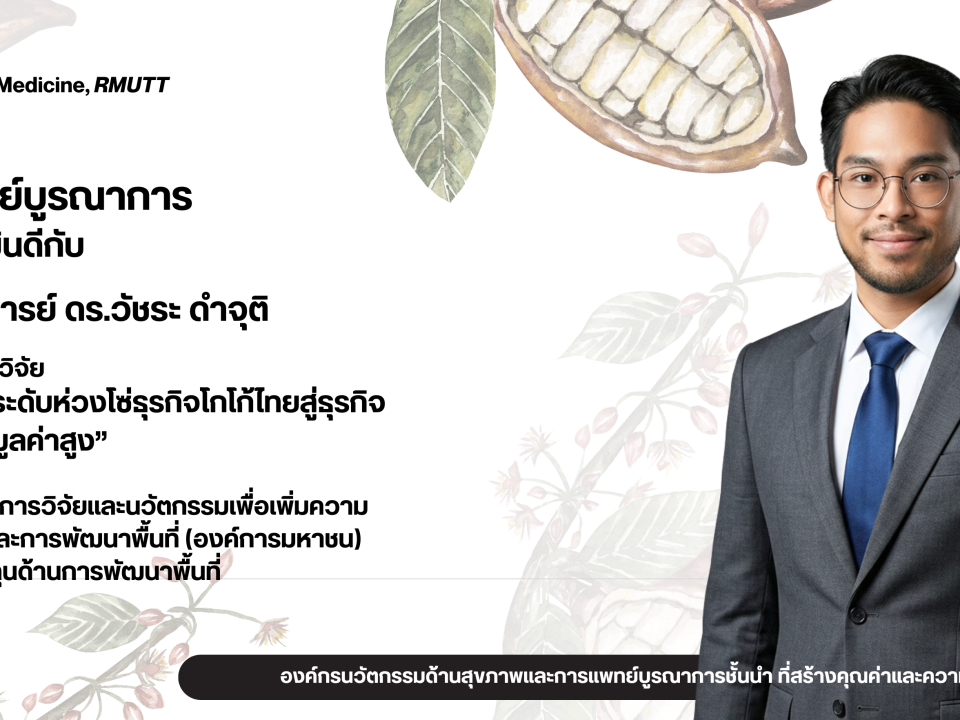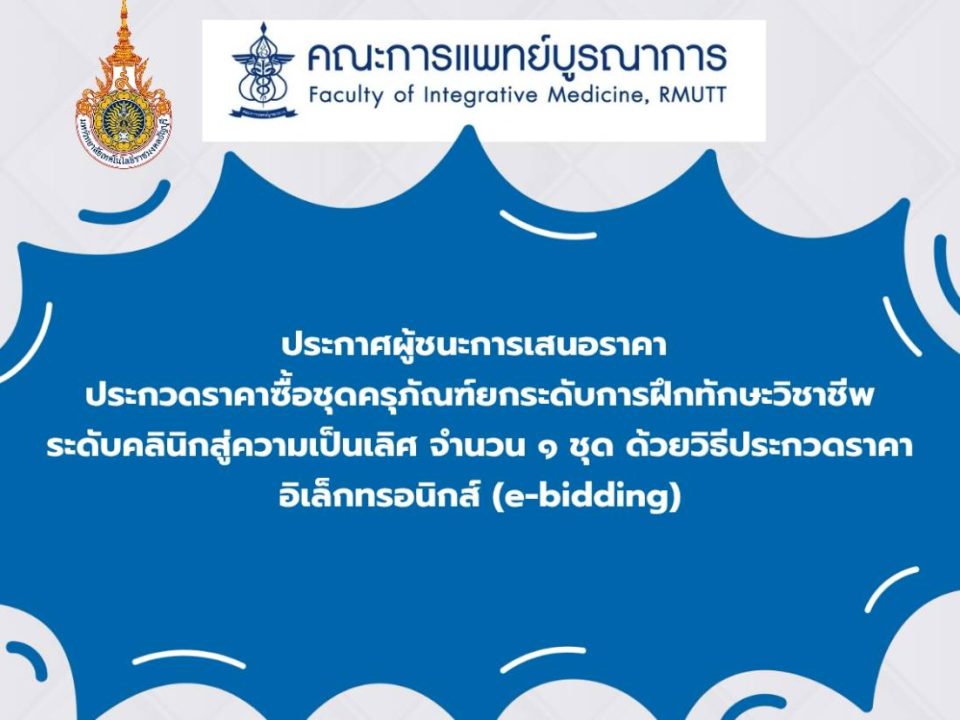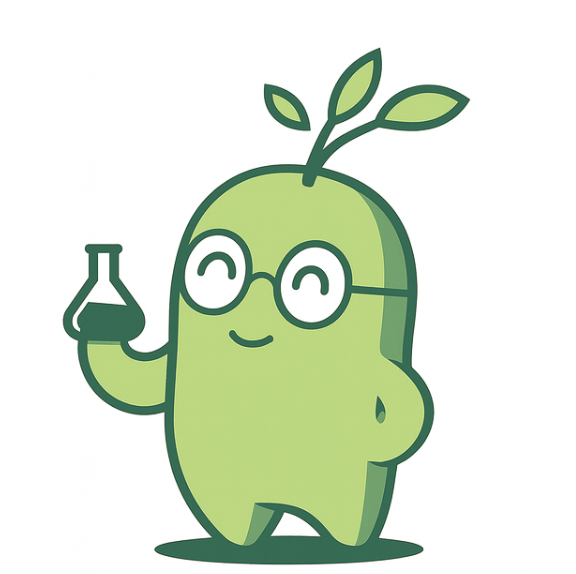ต้อนรับผู้บริหาร และคณะศึกษาดูงาน “วิทยาลัยสารพัดช่างสมุทรปราการ”
24/08/2023การจัดซื้อจัดจ้างหรือการจัดหาพัสดุ
02/11/2023Program Learning Outcome
PLO1: Have an understanding of theory, able to analyze important issues and problems in alternative and herbal medicine, and develop new ways to solve problems.
- Sub-PLO 1.1: Able to understand theory, and possess skills and techniques in alternative medicine and herbs.
- Sub-PLO 1.2: Able to analyze and synthesize important issues and problems in alternative and herbal medicine.
PLO2: Able to design and carry out research projects related to the development of new knowledge and/or innovation using numerical analysis and information technology skills.
- Sub-PLO 2.1: Able to design and carry out significant research projects on complex subjects involving the development of new knowledge and/or innovation.
- Sub-PLO 2.2: Able to conduct research and develop research techniques and scientific knowledge related to alternative and herbal medicine by using numerical analysis skills and information technology appropriately.
PLO3: Able to synthesize research results and theories of alternative and herbal medicine by applying and integrating ideas creatively.
- Sub-PLO 3.1: Have a thorough and in-depth understanding of scientific knowledge related to alternative medicine and herbal medicine.
- Sub-PLO 3.2: Able to integrate scientific knowledge related to alternative medicine and herbs.
PLO4: Be responsible, have interpersonal skills, and can use language to communicate appropriately.
- Sub-PLO 4.1: Able to express academic opinions and engage in creative interpersonal communication.
- Sub-PLO 4.2: Possess good communication techniques, emotional maturity, adaptability, and patience.
PLO5: Able to deal with moral issues, complex academic ethics, and research in alternative Thai traditional medicine.
- Sub-PLO 5.1: Demonstrate leadership in promoting compliance with principles of morality and ethics, and in dealing with conflicts and problems that affect oneself and others.
- Sub-PLO 5.2: Able to diagnose incidents/problems in professional morality and ethics that are academically or professionally complex, especially in situations where professional ethics information is not available or there are inadequate regulations. Respond to problems with sensitivity to the feelings of those affected, with justice, clear evidence, and adherence to principles of reason and good values.
Specific Program Learning Outcomes
SPLO1: Design and develop innovative research projects in the field of alternative medicine.
SPLO2: Evaluate the quality and effectiveness of conducted research.
SPLO3: Identify research and development needs related to alternative medical healthcare.
SPLO4: Conduct research independently with proficiency.
SPLO5: Process and analyze collected research data.
SPLO6: Apply integrated knowledge to solve healthcare problems.
SPLO7: Analyze the factors and conditions necessary for integrating knowledge from both fields.
SPLO8: Use technology and science to develop innovations in alternative medicine.
SPLO9: Analyze needs and problems that require solutions through innovation.
SPLO10: Follow the innovation development process under guidance.
SPLO11: Create and develop innovations independently with proficiency.
SPLO12: Explain the principles and theories of teamwork in diverse teams.
SPLO13: Integrate communication and teamwork principles into team activities.
SPLO14: Respond effectively to communication and collaboration within the team.
SPLO15: Value and adhere to the principles of communication and teamwork.
SPLO16: Demonstrate behavior consistent with professional ethics.
Yearly Expected Learning Outcomes (Year Learning Outcomes, YLOs)
Year 1
- Students can think analytically and systematically solve problems in the field of alternative medicine, including using information to make decisions to work efficiently.
- Students can creatively synthesize and use research results from academic publications to develop innovations or extend existing knowledge.
- Students can communicate with diverse groups of people and can communicate effectively with interprofessionals.
- Students can use knowledge in professional fields to communicate to society on appropriate issues.
- Students have the skills to choose basic medical equipment appropriately and efficiently.
Year 2
- Students have skills in using computers and information for work related to the profession very well.
- Students have the skills to analyze statistical data and solve related problems.
- Students have the skills to communicate information both verbally and in writing effectively, and to present reports through academic or professional publications, including dissertations.
- Students can apply specific subject knowledge to integrate with thesis studies, plan theses, carry out operations, analyze and discuss results, and present research findings to the public.


